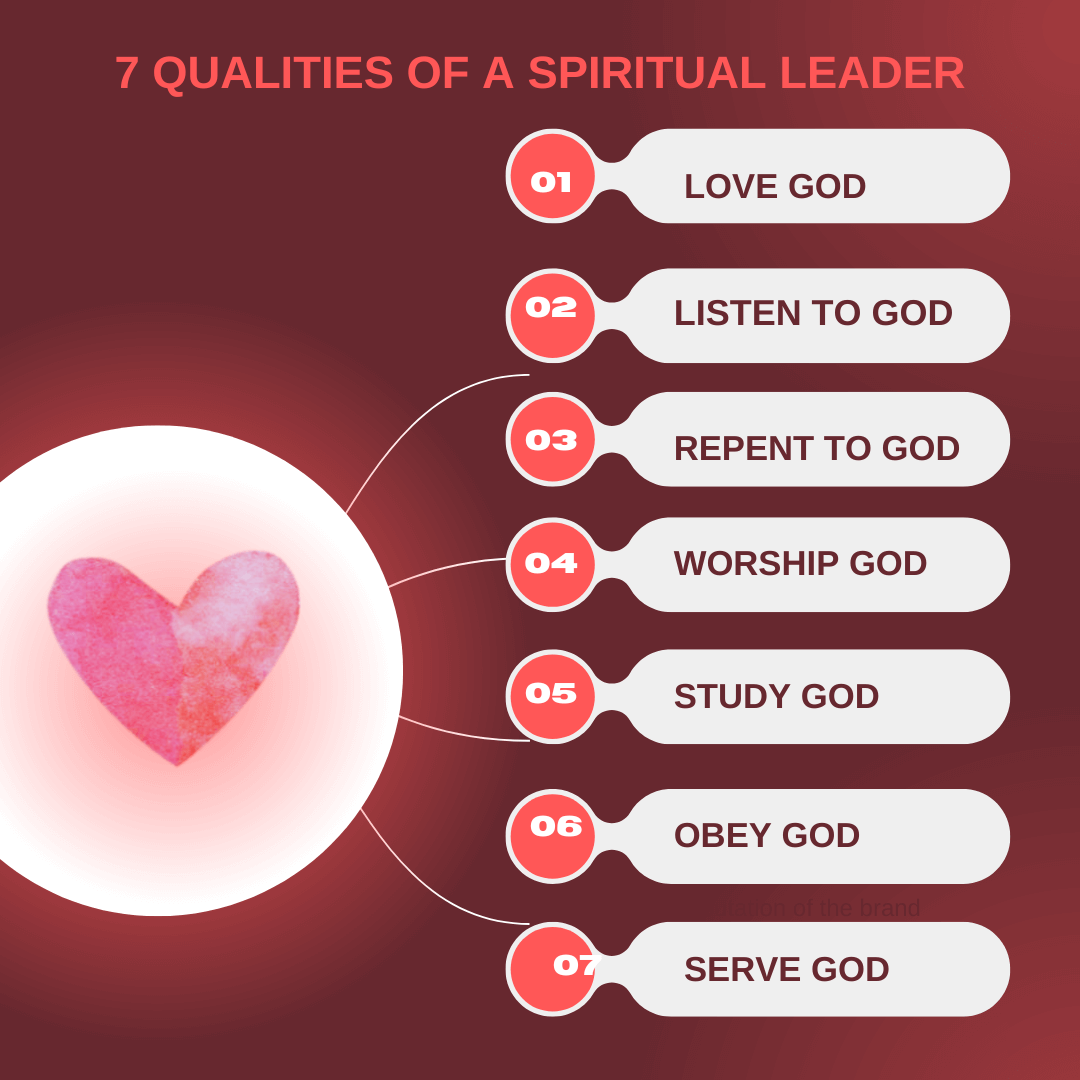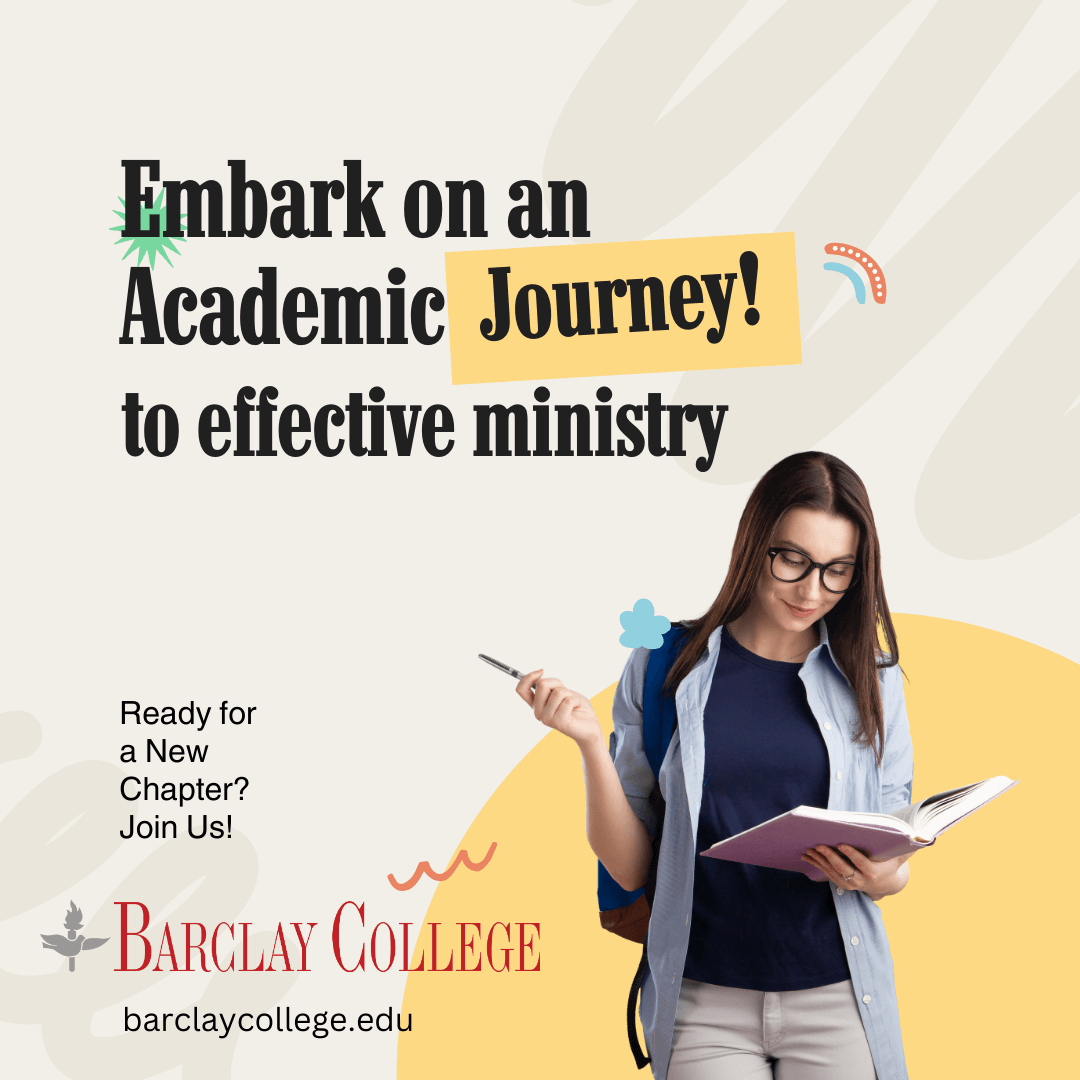EDITOR’S NOTE: Can a Pastor be a Woman? This is a question many denominations are asking. This is an excerpt from Dr. Derek Brown’s book, “On Quakers and Pastors,” published by Barclay Press, Newberg OR. Dr. Brown is Vice President for Academic Services and Chair of the Pastoral Ministry program at Barclay College. Barclay College welcomes women in its Pastoral Ministry degrees.
Chapter Seven: Gender
The issue of gender in pastoral ministry is a point of contention for many Christians. Views regarding women clergy are often fairly cemented, separating denominations and movements that would otherwise be fairly aligned in theology and practice.
Bible and Theology
Looking at the gospels and the early church, Jesus crosses existing social barriers (John 4; 8:1–11; Mark 5:24–34). One of the most vivid examples is the story of Mary and Martha, where Mary sits and learns under Jesus and is praised for doing so (Luke 10:38–42). Writing of this passage, Carol Gallagher notes, “How revolutionary! A man inviting a woman to sit as a disciple, as a student at the Rabbi’s feet, an equal in a very unequal world.”429 Not only that, but women are commissioned, in Matthew 28:1–10, to “take the message of Jesus’ resurrection, and bear witness faithfully.”430
Regarding Acts and the New Testament letters, we see clear evidence that women played a vital role in the leadership of the church. For example, Acts 18 shows Priscilla and Aquila taking a leadership and teaching role over Apollos, with no apparent approbation or consequence.431 At the end of Romans, Junia is mentioned as an apostle, again with no comment (in spite of later efforts to masculinize the name and remove the feminine presence from early church leadership).432 There is undeniable evidence that women were a part of public ministry and leadership in the early church.
However, there is still a scriptural issue that must be addressed. This obstacle, placed in front of women seeking to engage in public ministry, is the apparently direct prohibition of such by Paul, found in 1 Corinthians 14:34 and 1 Timothy 2:12. Because both passages are very similar, only the Corinthian passage will be referenced. There have been many challenges to this interpretation of Paul’s injunction.433 The overall evidence points to specific, contextual issues being addressed, rather than a universal and timeless declaration.434 Also, it must be noted that Paul, if he is prohibiting women preaching, is not consistent. As Quaker Margaret Fell noted, in 1 Corinthians 11:3–4, Paul’s admonition for women to have their heads covered when praying or prophesying presupposes that women did pray and prophesy.435
When one takes a broad view, a paradoxical cycle has occurred, through which the dominant cultural attitudes affected the way these passages were understood, which then informed the cultural norms regarding women, which then further entrenched the hermeneutic stance regarding these passages, and so on. In fact, more often than not, it is due to the nostalgic norms of patriarchy rather than the testimony of scripture that a marginalized gender class in the church feels normal in the first place.
Key to any hermeneutic is that it must be “sustainable”— it must have consistency and utility when used throughout scripture. When taken at face value, the modern implementation of a gender-restricted clergy is based on an inconsistent, unsustainable hermeneutic. Linda Belleville reveals this hypocrisy clearly:
“A woman can teach astrophysics at a Christian university, but she cannot teach an adult Sunday school class on the biblical doctrine of creation. She can work as a certified public accountant for a Christian company, but she cannot keep the church’s books. A woman can be a trustee of a liberal arts college, but she cannot serve on the church deacon board. She can be a chief administrator at a Christian hospital, but she cannot serve on the church council or board of elders. A woman can lead children’s worship, but she cannot conduct congregational worship. She can preach the children’s sermon, but she cannot preach the congregational sermon.”436
The singular exception of pastoral ministry as precluding women is not only hermeneutically indefensible but also doesn’t make much sense when placed in context. A gender-restricted clergy is not only unsupported by scripture, but shown through experience, wisdom, and common sense (all valid forms of God’s revelation), to be untrue.
A gender-restricted clergy is an obstacle to evangelism, missional activity, and the life of the church. The only evangelistically pragmatic thing for churches to do now is to remove gender restriction for clergy. There is no practical obstacle to opening pastoral roles to women.
Historic Friends
One of the central elements of Quakerism in seventeenth-century England was the inclusion of women as full members, participants, and ministers within the movement. This was in marked contrast to the standard religious views of gender at the time.437 Early Quakers also fearlessly challenged the political system when it contravened God’s law or promoted injustice.438
This was done primarily through letters and other literature, such as Mary Dyer’s prison letters to the Massachusetts General Court, though there were instances of Quaker women appearing naked both in church and in public to communicate the “spiritual nakedness” before God to those who would persecute Quakerism.439 These brave ministries were not without consequence, as many Quaker women faced arrest, imprisonment, corporal punishment, and, in the case of Mary Dyer, execution.440
Margaret Fell, another luminary in early Quakerism, not only participated in ministry of Friends, but also helped support the nascent movement logistically, politically, and theologically, both in her home at Swarthmore Hall and her extensive correspondence. Robynne Healey wrote of Fell: “Her own activity and the work of her daughters and other women she led had a significant impact on crystallizing the belief in spiritual equality at a strategic time early in the life of the sect.”441 Promoting the equality of women in ministry, Fell wrote a biblical defense of women’s ministry in the short pamphlet with a long title: Women’s Speaking Justified, Proved, and Allowed of by the Scriptures, All Such as Speak by the Spirit and Power of the Lord Jesus. And How Women Were the First That Preached the Tidings of the Resurrection of Jesus, and were Sent by Christ’s Own Command, Before He Ascended to the Father, John 20.17. In this pamphlet, Fell interprets scripture, refuting the popular objections to women preachers.442 For example, Fell utilizes the perceived “weakness” of women to show that women are perfectly positioned to be used by God to preach the gospel. She writes, beginning with Genesis 5:2:
“Here God joyns them together in his own Image, and makes no such distinctions and differences as men do; for though they be weak, he is strong; and as he said to the Apostle, His Grace is sufficient, and his strength is made manifest in weakness, 2 Cor. 12.9. And such hath the Lord chosen, even the weak things of the world, to confound the things which are mighty; and things which are despised, hath God chosen, to bring to nought things that are, 1 Cor. 1.”443
While the equality Fell wrote of has not always materialized ecclesiologically,444 the overall action and intent of the movement has been to recognize the God-given place of women as ministers in the church.
Leadership
It can be easy to view the church as archaic, especially when compared to the perspectives of modern society, however, this may not be entirely accurate. While some important strides have been made in leveling the playing field between men and women, those strides have been made in relatively recent history, and there are still extant inequalities.
One of the largest areas of gender inequality in America is the workforce. One of the most persistent features of the labor market in America is “occupational segregation,” by which certain career positions are perceived as off-limits to certain demographics, including gender.445 As such, ministry is not the only profession with a profound gender imbalance.
Even where gender ratios approach equality, women in the workplace still face challenges like compensation inequality.
Pastoral Paradigm
Christ-centered Quakerism believes in God’s universal call to ministry for every believer. This extends into pastoral ministry, where women and men are recognized as equal recipients of a divine pastoral calling. Christ-centered Quakerism recognizes and supports a gender non-restricted clergy—a humble obedience to the will of God in calling whomever God may choose, and a fidelity to God’s Word, which pro- claims that all possess the image of God.
The reality is that this prophetic testimony of equality remains a testimony because there not only remains general gender inequality, but also a specific resistance to women clergy in many parts of Christendom. Christ-centered Quaker churches must be more intentional about discerning, encouraging, and fostering a woman’s call to pastoral ministry.
There must also be an intense self-reflection and transparency on the part of churches during the hiring process, so that women are not marginalized. While marginalization may go unrecognized by the search committee, it is still unacceptable. Until there is a cultural shift and the legitimacy of women pastors is firmly held by all Friends churches, there must be an overemphasis, on the part of churches and yearly meetings, on hiring women, creating congregational cultures that embrace women clergy.
Some may question the effect this emphasis would have on discerning whom God has called to that specific church. One must recognize that if a church has refused or neglected to interview or hire women pastors, then it is almost certain that the church has shut the door on a God-led candidate and acted in disobedience by waiting for an acceptable male candidate to appear.
Read more about Quaker Women: http://mamacitalujan.blogspot.com/2018/03/quaker-women.html?m=1
For more information about Barclay College’s undergraduate Pastoral Ministry Degree, see https://www.barclaycollege.edu/academics/campus/pastoral-ministry/
For more information about Barclay College’s master’s program in Pastoral Ministries, see https://www.barclaycollege.edu/academics/graduate/pastoral-ministries/
Barclay College welcomes women pastoral candidates!
429 Gallagher, Family Theology, 43.
430 Keener, “Matthew’s Missiology,” 13.
431 Fell, Women’s Speaking Justified, 7.
432 Christianity Today, “Women,” 74–75; Duff, “Ordination of Women,” 95ff.; Thorley, “Junia,” 18–29. Cf. Scaer, “Was Junias a Female Apostle?” 76; Wolters, “ΙΟΥΝΙΑΝ,” 397–408.
433 An example: Økland, Women in Their Place, 230. Økland argues that Paul addressed a broader issue of sacred space and order in worship, which reflected a broader cosmic order, rather than specific gender issues per se.
434 Hensley, “Σιγάω, λαλέω, and υποτάσσω in 1 Corinthians 14:34,” 343–64; Spurgeon, “Pauline Commands and Women,” 317–33; Janzen, “Orderly Participation,” 5570. For a different textual theory, see Marquardt, “The Peculiar Use,” 289–303; Allison, “Let Women Be Silent,” 27–60.
435 Fell, Women’s Speaking Justified, 8.
436 Belleville, Woman Leaders, 19.
437 Plant, “Subjective Testimonies,” 296.
438 Myles, “Monster to Martyr,” 18.
439 Rapaport, Naked, 73–75.
440 Myles, “Monster to Martyr,” 6.
441 Healey, Quaker to Upper Canadian, 25.
442 Fell, Women’s Speaking Justified, 3ff.
443 Ibid., 3.
444 While contemporary American pastoral Quakerism must take responsibility for barriers that hindered female public ministry, such inequalities have existed throughout the movement. Western Yearly Meeting affirmed a recognized inequality by stating that “men ministers [are] taking more of the time of our Meetings for worship than is due them.” Western Yearly Meeting, Minutes, (1880), 42.
445 Akerlof and Kranton, Identity Economics, 83.



